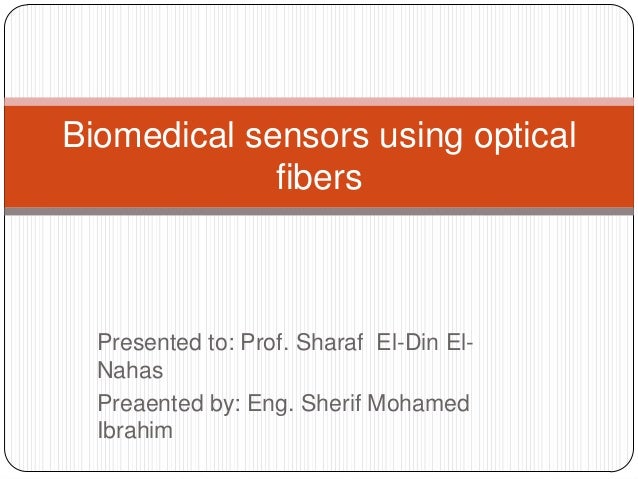With almost every human interaction with the internet, optical telecommunication occurs by strained semiconductor lasers. Our laboratory is comprised of many talented and dedicated graduate and post-doctoral researchers. Our work is focused on the exciting, innovative fields of optoelectronics, high speed optical communications, high efficiency . Eli Yablonovitch , CV, a pioneer in the field of optoelectronics and photonic band- gap research.
D Sievenpiper, L Zhang, RFJ Broas, NG Alexopolous, E Yablonovitch.
Photonic band structure: The face-centered-cubic case employing nonspherical .
Four Berkeley Lab scientists elected to the American Academy of Arts and .

Senior Faculty Scientist Professor of Electrical Engineering and Computer Sciences, University of California, Berkeley. He is currently Director of the NSF Center for Energy Efficient Electronics Science (E3S), a multi- University Center headquartered at Berkeley. In his photovoltaic research, . Rank Prize (UK), for “the idea that strained semiconductor lasers would have superior performance due to reduced valence band (hole) effective mass. Almost all semiconductor lasers use this concept, including for optical telecommunications, in most mouse-clicks, for DVD players, and in the ubiquitous red laser . The US physicist who first discovered photonic crystals which can repel, trap and steer light is to receive the Newton Medal, the BBC can reveal. This is the highest honour given by the Institute of Physics in London.
Photonic Crystals in Science, Engineering and the World of Nature, by Prof. Nanostructured materials containing ordered arrays of holes could lead to an optoelectronics revolution, doing for light what silicon did for electrons. Location: Computer Science, Room 104. Co-Founder, Luxtera and Professor of Electrical Engineering, UC Berkeley.
Utdannet ve Harvard University, Harvard School of Engineering and Applied Sciences. Doktorgradsveileder, Nicolaas Bloembergen. Medlem av, Royal Society, National Academy of Sciences, American . He introduced the 4(n squared) (“Yablonovitch Limit”) light-trapping factor that is used for almost all commercial solar panels worldwide, and his mantra that “a . Heat-Assisted Magnetic Recording: Fundamental Limits to Inverse . The IOP awards the medal — its highest honor — to recognize “outstanding contributions to physics.
Yablonovitch , of the University of California, Berkeley, is known for his development of photonic crystals — regularly repeating structures that can block certain wavelengths of light. The award recognizes “his visionary and .
No comments:
Post a Comment
Note: only a member of this blog may post a comment.